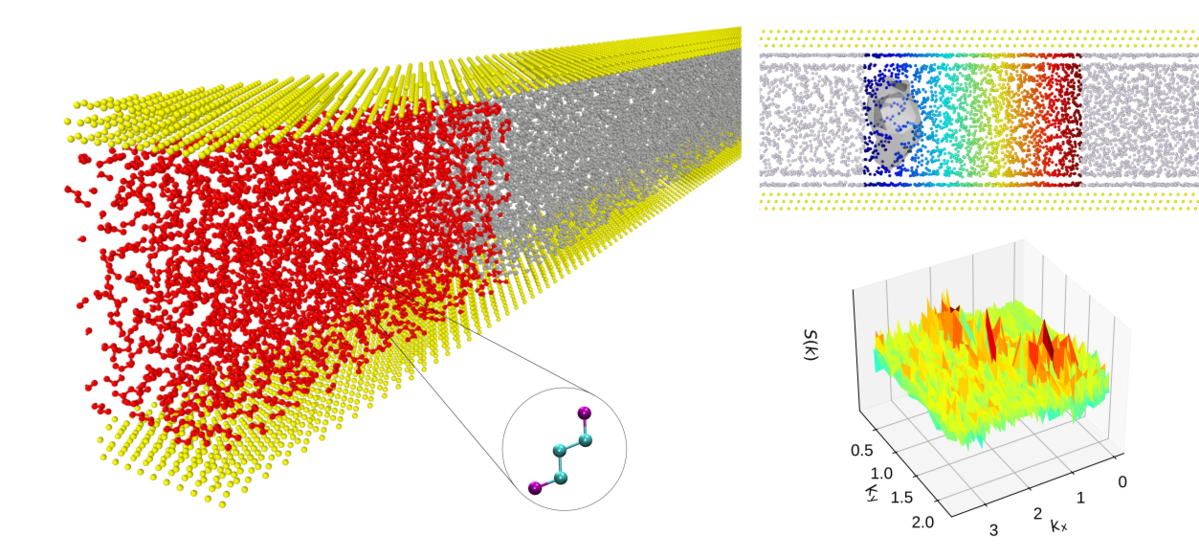Mohamed Tarek Hassan, M.Sc.
- PhD
- Member of RTG 2450
- Group: Prof. Peter Gumbsch / Prof. Lars Pastewka, KIT IAM- Reliability and Microstructure (IAM-ZM)
- Room: 110.3
CS 30.48 - Phone: +49 721 608-45870
- mohamed hassan ∂does-not-exist.kit edu
04/2019-03/2020: Member of the PhD committee
Adhesion and Friction between Solid and Soft Matter at Multiple Scales
In lubricated systems, deviation from the hydrodynamic lubrication theory is more pronounced when the fluid lubricant is highly confined. In this regime, molecular effects are significant and the thermodynamic quantities and transport coefficients become nonlocal. For this reason, we tend to investigate the changes in fluid properties with non-equilibrium molecular dynamics (NEMD).
A major challenge is that within periodic molecular domains, a pressure gradient along the stream, which is a crucial aspect in boundary lubrication regime, would not arise naturally. To circumvent this, we use the ’pump’ method that allows introducing a physical pressure gradient in periodic MD domains, to achieve a ’pressure-driven flow’. The method offers the interoperability between using the thermodynamic force or the thermodynamic flux as the state variable. Using the pump method, we can further investigate interesting molecular phenomena like shear effects on fluid ordering and cavitation nucleation.


